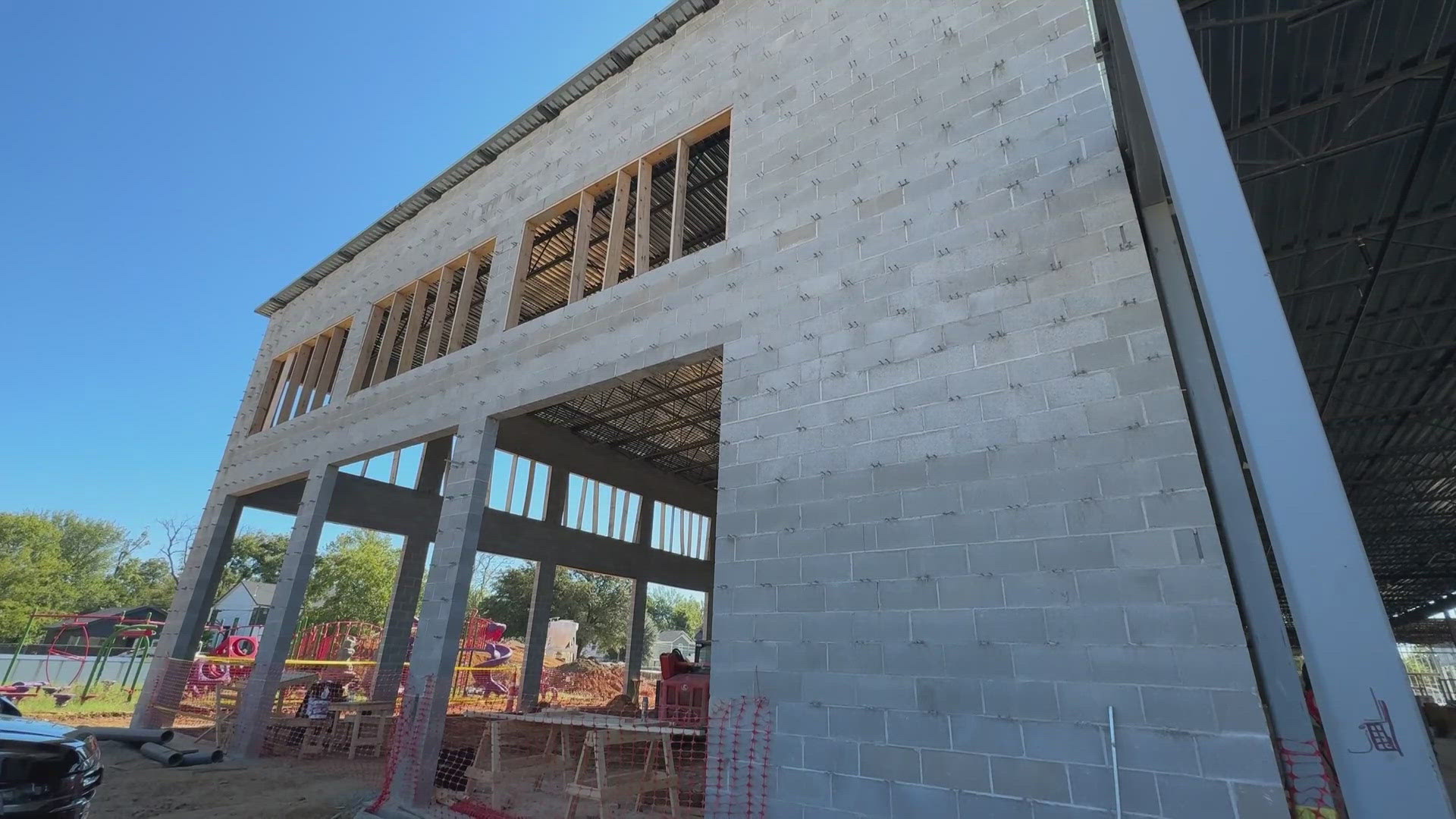DALLAS — A Dallas developer whose sentence in a bribery case involving former Dallas City Council members Dwaine Caraway and the late Carolyn Davis was previously vacated, can be retried, the U.S. District Court for the Fifth Circuit ruled this week.
Developer Ruel Hamilton was previously convicted in 2021 of bribing Caraway, formerly Mayor Pro Tem, and Davis in exchange for helping to get Hamilton’s affordable housing projects approved. Caraway pleaded guilty to accepting bribes, was sentenced in 2019, and spent years in federal prison. Davis also pleaded guilty to taking bribes, but died in a car crash in 2019.
After Hamilton’s sentence was vacated in 2022, the U.S. District Court for the Fifth Circuit ruled 9-7 in February of 2023 that they wouldn’t rehear the case, but didn’t bar Hamilton from being tried again.
Hamilton appealed when the government elected to retry the case, court records show.
This week, the U.S. District Court for the Fifth Circuit ruled that the government could retry the case, allowing it to move forward.
In the ruling, Judge Cory Wilson argued that Hamilton’s lawyers failed to prove that trying him again would amount to double jeopardy, according to court records.
Hamilton’s lawyers argued that because a jury acquitted him of one of the charges related to his interactions with Caraway, a new trial would relitigate facts of the case that had already been decided, according to court documents.
“In short, Hamilton fails to meet his burden to show that the jury in his first trial necessarily determined that the August 3 check to Caraway was not a quid pro quo bribe,” the court’s opinion, authored by Wilson, reads. “Therefore, the district court did not err in denying Hamilton’s double jeopardy motion.”
Judge Jennifer Hamilton wrote a concurring opinion arguing that the burden of proof was heavy since it’s difficult to know precisely what the jury was thinking, “but we are an inferior court with a strict rule of orderliness. And concur I must.”
WFAA has reached out Hamilton’s attorneys and the U.S. Attorney’s Office for the Northern District of Texas for comment on the case. We’ll update this story as additional information becomes available.



